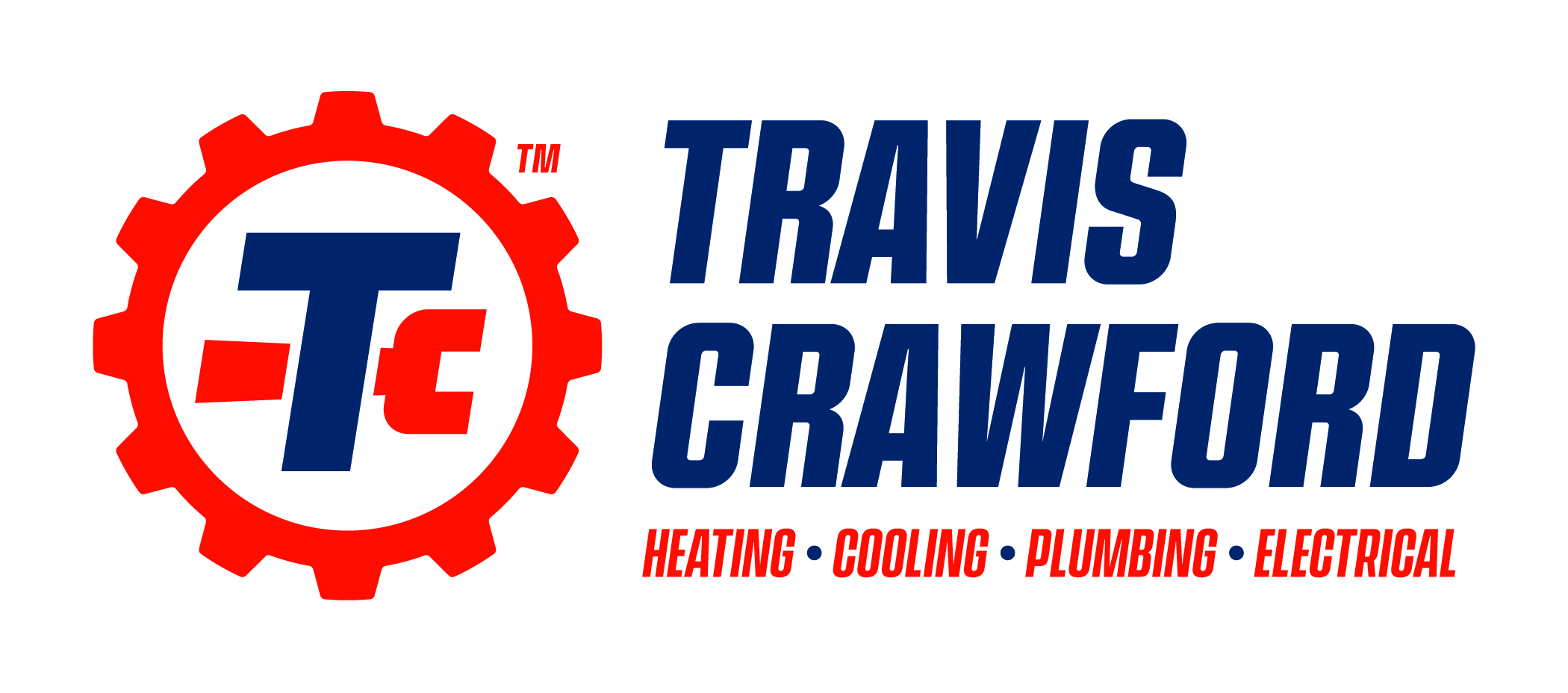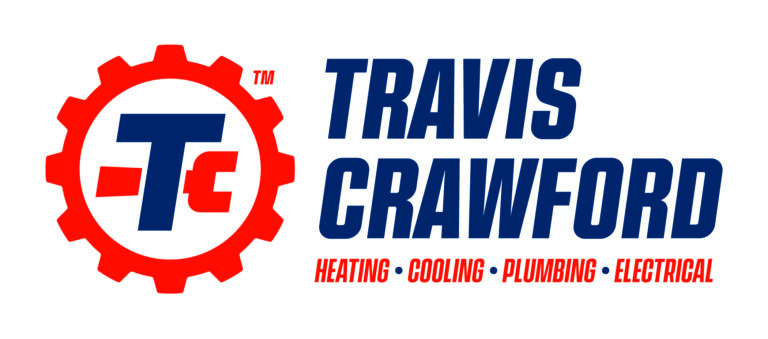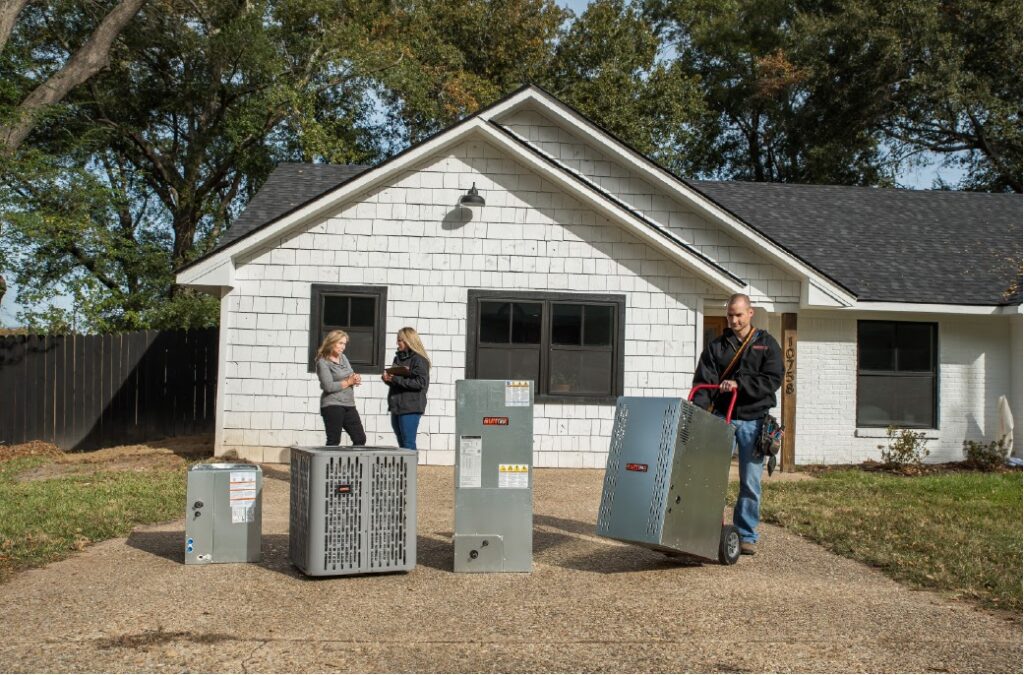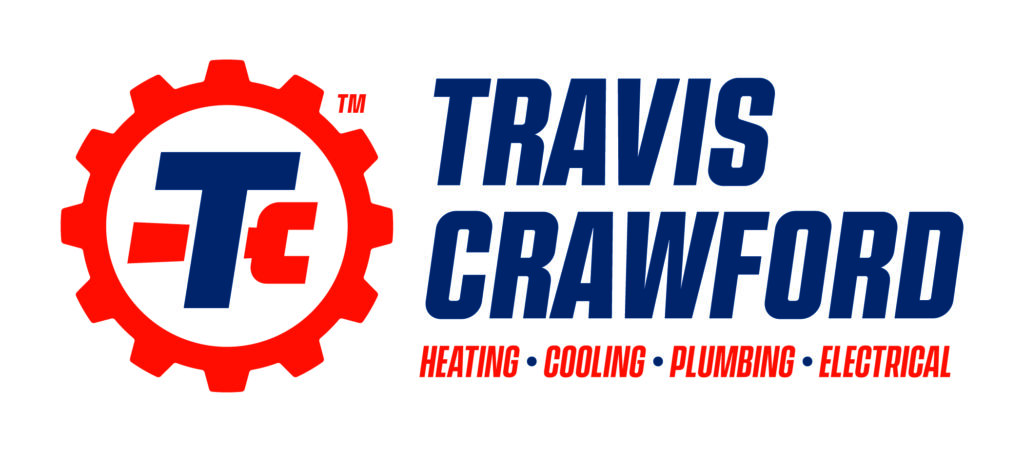While they might look all the same, air conditioners come in many forms, sizes, and price tags. They have different cooling capabilities and installation and maintenance requirements. Knowing each air conditioning system’s strengths and weaknesses is important to be able to determine which AC system best fits your home. Here is a quick overview of the six most popular types of air conditioners.
Central Air Conditioner
Most standard-sized, single-family homes and commercial spaces choose a central AC unit for their cooling needs. Central air conditioners, especially modern designs, require less maintenance, are easier to operate, and have a higher cooling capacity that works well for large spaces and multiple rooms. That being said, central air conditioners are not perfect HVAC systems. They are relatively more expensive to install since a central AC involves setting up both an indoor and an outdoor component that must work together to cool your home. In addition, if your home does not already come with ductwork, a certified HVAC technician will have to install that as well.
Ductless Air Conditioner
There are certain situations when a ductless or split AC system works better than a central AC system. For instance, if you have a specific room that has its own heating or cooling requirements, a split system enables that room to set its own temperature ranges and running cycles. It also prevents airflow from the other rooms in the home from entering that specific room and vice versa. Ductless systems require a less-invasive installation process and are less visible and audible when running. Cost and the need for regular maintenance are perhaps the two most noteworthy weaknesses that ductless units have.
Geothermal Air Conditioner
Although we don’t work on them, geothermal HVAC systems are becoming increasingly popular in today’s clean energy-driven initiative. Having been around for roughly 60 years, the technology has been adopted to HVAC systems to bring an eco-friendly solution to the country’s cooling and heating needs. Geothermal air conditioners are more energy efficient because the technology behind them harnesses the insulating properties of the earth to regulate indoor temperatures. Some states also offer tax credits to households that use geothermal systems to cool their homes. One downside of geothermal air conditioners is their installation and setup process. It involves drilling underneath your property to lay out and to install the piping. It can also be more expensive to install, which can be a deterrent for many homeowners.
Variable Capacity Air Conditioner
An air conditioner with a variable capacity feature lets you precisely control the temperature output with a dimmer switch. You can perfectly match the comfort level you’re looking for without consuming a lot of energy. Variable capacity AC units tend to be the preferred way to regulate moisture in times of uncomfortably high humid levels. When installing a variable capacity AC, it’s best to leave it to an HVAC professional like Travis Crawford Heating, Cooling & Plumbing.
Window Air Conditioner
Window air conditioners are common in smaller living situations where there isn’t enough space for the outdoor system or when the air ducts and vents needed to install a full-blown central AC are less than ideal. Window air conditioners come in a single box rather than an indoor-outdoor style unit. Some of the key advantages of a window-mounted AC over other types is that it’s relatively less expensive to operate, it’s easy to maintain, and it doesn’t take up any floor space. A disadvantage, however, is that most window AC units run loudly and are visible from the outside.
Portable Air Conditioner
A portable AC unit, as the name implies, comes in a single box and oftentimes comes with wheels for easy mobility. A portable air conditioner, like a window-mounted AC, is ideal for smaller living situations and for areas where you don’t really use an AC except for a couple of months. It requires little to no installation, can be moved to rooms or spaces that you need cooled, and is easy to maintain. However, portable AC units still need access to a power outlet and a window where the hose can be mounted on for airflow.
Whatever AC system you decide to install for your home, make sure it’s properly installed by hiring an experienced and certified HVAC technician to do it for you. Contact Travis Crawford Heating, Cooling & Plumbing in Charlotte, NC, to talk about HVAC options in your area and schedule an in-person appointment! We provide heating, cooling, and plumbing services.




